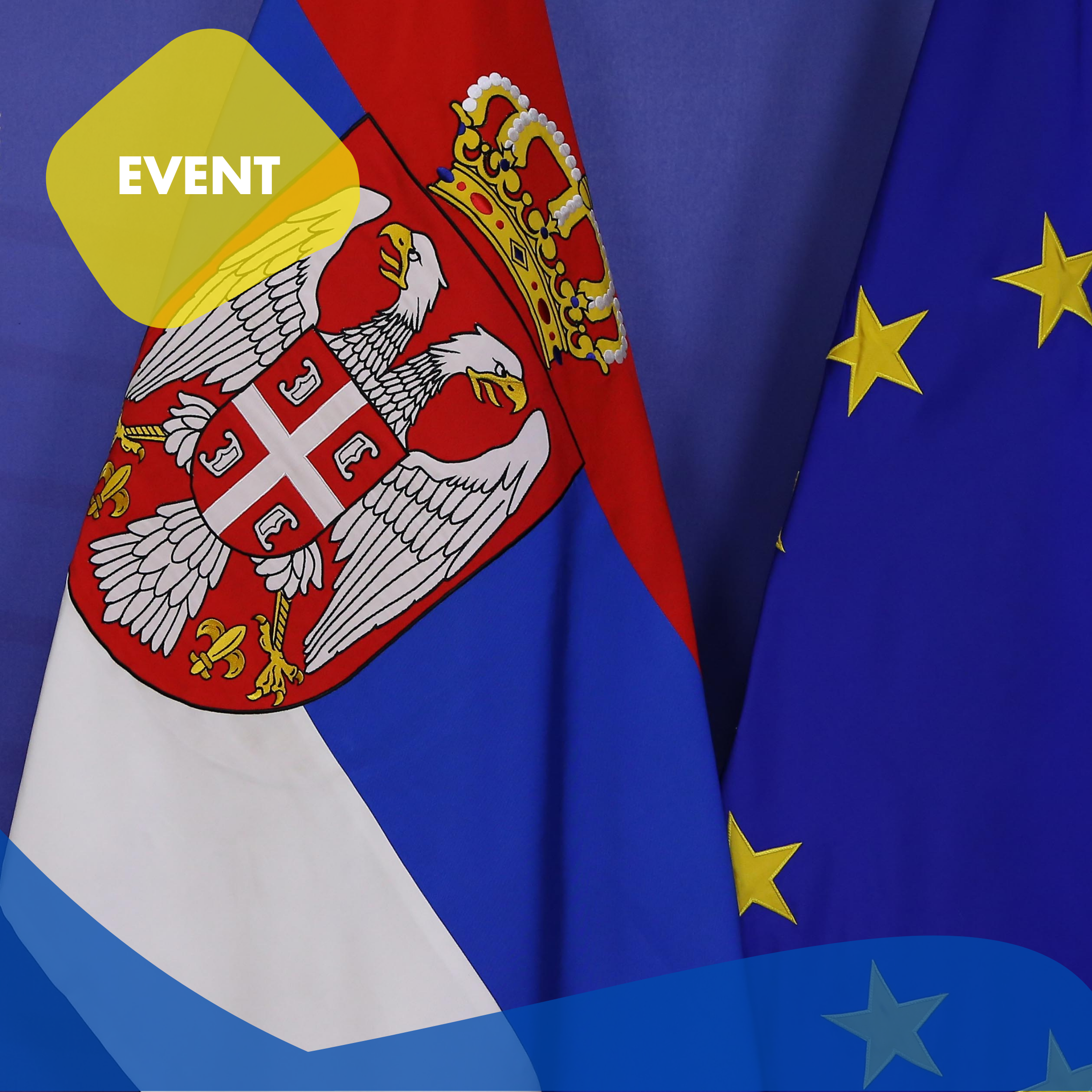GEO-POWER-EU Online Event Showcases Serbia’s 2025 Public Opinion Survey Findings
On 7 October 2025, the GEO-POWER-EU project presented the Serbian results of its 2025 Public Opinion Survey, part of a broader study conducted across nine Western Balkan and Associated Trio countries. The online event, organized by Prof. Filip Ejdus and the Faculty of Political Science, University of Belgrade brought together leading experts to discuss how Serbian citizens view the EU, security, foreign actors, and the evolving media landscape.
Prof. Nikolaos Tzifakis, Project Coordinator, opened the event by outlining GEO-POWER-EU’s efforts to strengthen the EU’s response to security challenges through foresight exercises, indices, disinformation research, and a database tracking the Western Balkans’ and Eastern Partnership’s ties with global actors. Boge Bozinovski (INDAGO) presented the Serbian survey sample, emphasizing its representative design across four regions and its balance across age, gender, and urban–rural divides. Assistant Prof. Tijana Rečević (University of Belgrade) described Serbia’s hybrid information environment, where television, online portals, and social media all matter, yet 27% of respondents trust no media outlet.
Turning to security perceptions, Prof. Filip Ejdus highlighted that 85% of Serbians oppose NATO membership. When asked whom they trust most for national security, 35% chose Russia, 32% regional cooperation, and 21% the EU, while 46% identified the United States as the main threat to peace in Europe.
Dr. Panagiotis Paschalidis (SEERC / Democritus University of Thrace) shared findings from an analysis of about 5,800 social media posts collected between February and March 2025. The data revealed predominantly negative sentiment toward the EU, mixed views of the United States and Russia, and more positive tones toward China and Turkey. Finally, Dr. Sonja Stojanović Gajić (University of Rijeka) highlighted generational differences: Serbian youth are the only group slightly more pro-EU (45% vs 43%), yet urban, educated young people are twice as likely to plan to leave the country.
See the full event recording on the GEO-POWER-EU YouTube channel:
*Featured image: JULIEN WARNAND, EPA

